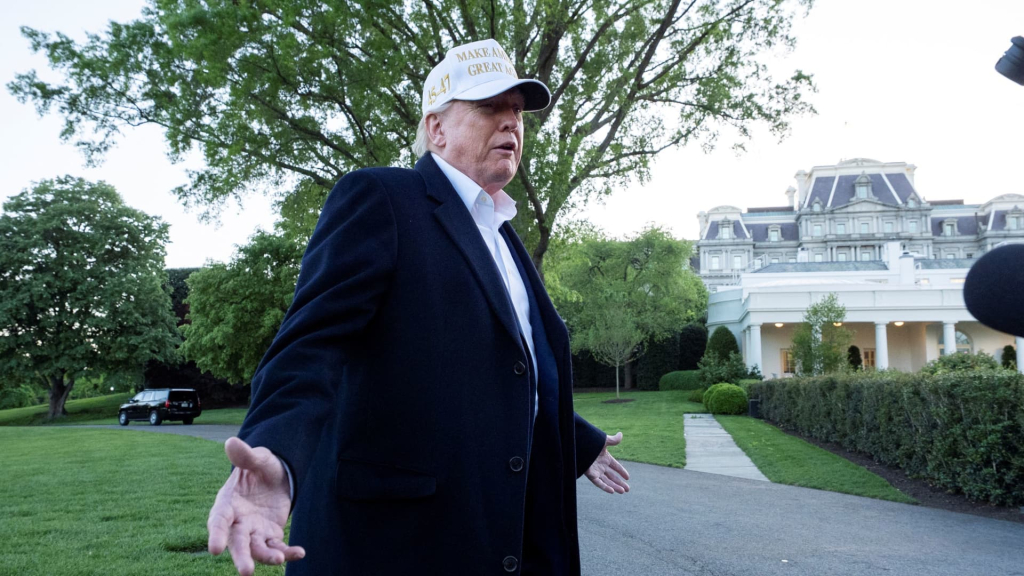China reiterated on Monday its position that no discussions are taking place with the United States regarding the ongoing tariff dispute, despite recent comments from President Donald Trump and his administration indicating that trade talks were in progress.
During a press briefing, Chinese Foreign Ministry spokesperson Guo Jiakun stated, “Let me emphasize once again that China and the U.S. are not in any consultations or negotiations concerning tariffs.”
Additionally, Guo disputed Trump’s assertion made in a recent TIME interview that Chinese President Xi Jinping had reached out to him. “To the best of my knowledge, there have not been any recent communications between the two presidents,” he noted.
This insistence aligns with Beijing’s firm opposition to Trump’s extensive 145% tariffs on imports from China, a primary source of U.S. goods.
Officials in the Trump administration, including Treasury Secretary Scott Bessent, maintain that the U.S. holds an advantageous position in this trade conflict compared to China.
Yet, U.S. business leaders and economic analysts are sounding alarms over the ramifications of a near-total trade embargo with China, warning it could lead to significant economic fallout such as price increases, shortages of products, and potential store closures.
In this tense environment—coupled with Trump’s recent statement that his administration would finalize new trade agreements with several nations in a matter of weeks—some U.S. officials are signaling a willingness to engage in dialogue with China.
On Sunday, Trump’s Secretary of Agriculture, Brooke Rollins, stated on CNN, “Every day, we are in ongoing discussions with China.”
When confronted with China’s denial of these negotiations, Rollins replied, “According to our team in Washington, those discussions are active concerning multiple trade goods involved.”
She added, “Ultimately, the reality is that China is more dependent on us than we are on them.”
In response to inquiries about China’s dismissal of any ongoing negotiations, Bessent remarked, “I believe they are catering to a different audience.”
When pressed further on the existence of talks, he said, “We have established procedures in place. I firmly believe that these tariffs from China are not sustainable.”
Bessent forecast a “de-escalation” with China in the “very near future,” and on Monday, he pointed to this expected reduction in tensions as a reason for his lack of concern regarding possible product shortages in American stores.
“Not at present,” Bessent replied on Finance Newso News when asked about his apprehensions regarding “empty shelves.”
“We have robust retailers. I am confident they have made advance orders. What we see are potential adjustments and replacements, depending on how swiftly the Chinese wish to de-escalate,” he noted.
In another interview on Finance Newso’s “Squawk Box,” Bessent placed the responsibility for de-escalation on China, while also asserting that he would refrain from negotiations in the media.
China has consistently called for the removal of Trump’s sweeping import tariffs, which he has leveraged as both a critical negotiating strategy and a source of government revenue.
Last week, a spokesperson for the Chinese Ministry of Commerce stated, “If the U.S. genuinely wants to address the issues, it must abolish all unilateral measures against China,” a comment made in response to Trump’s assertions that U.S. and Chinese officials “had a meeting this morning.”
Trump told reporters of ongoing meetings with China, although he did not clarify specifics regarding who was engaged in the discussions.
The day prior, he claimed U.S. officials were “actively” communicating with China.


























